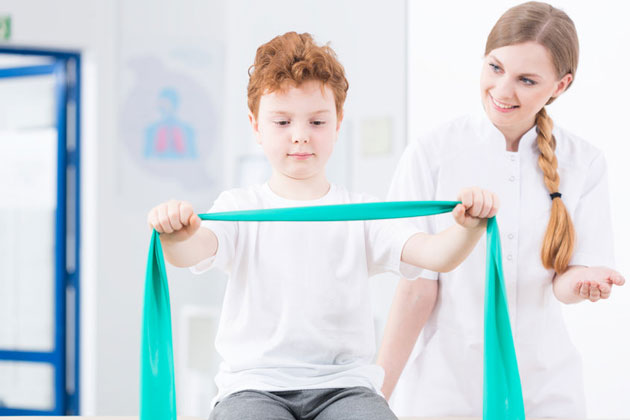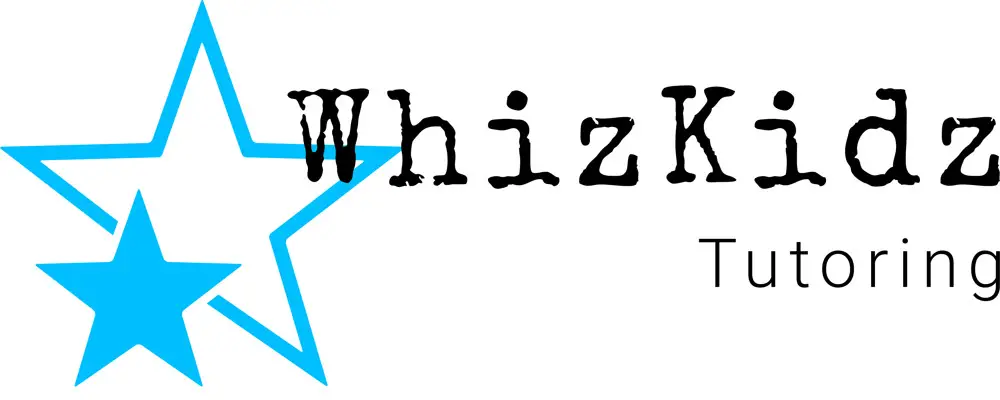
20 Discipline Mistakes Even Great Parents Make
Get the Best Winter Activities
12. We consider an audience when disciplining.
Most of us worry too much about what other people think, especially when it comes to how we parent our kids. But it’s not fair to your children to discipline differently when someone else is watching. In front of in-laws, for example, the temptation might be to be harsher or more reactive because you feel that you’re being judged as a parent. So remove that temptation. Pull your child aside and quietly talk to just him, without anyone else listening. Not only will this keep you from worrying how you sound to the others in the room, it will also help you get better focus from him, and you can better attune to his behavior and needs.
13. We get trapped in power struggles.
When our kids feel backed into a corner, they instinctually fight back or totally shut down. So avoid the trap. Consider giving your child an out: “Would you like to get a drink first, and then we’ll pick up the toys?” Or negotiate: “Let’s see if we can figure out a way for both of us to get what we need.” (Obviously, there are some non-negotiables, but negotiation isn’t a sign of weakness; it’s a sign of respect for your child and her desires.) You can even ask your child for help: “Do you have any suggestions?” You might be shocked to find out how much your child is willing to bend in order to bring about a peaceful resolution to the standoff.
14. We discipline in response to our habits and feelings instead of responding to our individual child in a particular moment.
We sometimes lash out at our child because we’re tired, or because that’s what our parents did, or because we’re fed up with his brother, who’s been acting up all morning. It’s not fair, but it’s understandable. What’s called for is to reflect on our behavior, to really be in the moment with our children, and to respond only to what’s taking place in that instant. This is one of the most difficult tasks of parenting, but the more we can do it, the better we can respond to our kids in loving ways.
15. We embarrass our kids by correcting them in front of others.
When you have to discipline your child in public, consider her feelings. (Imagine how you’d feel if your significant other called you out on something in front of other people!) If possible, step out of the room, or just pull her close and whisper. This isn’t always possible, but when you can, show your child the respect of not adding humiliation to whatever else you need to do to address the misbehavior. After all, embarrassment will just take her focus off the lesson you want to teach, and she’s unlikely to hear anything you want to tell her.
16. We assume the worst before letting our kids explain.
Sometimes a situation looks bad and it really is. But sometimes things aren’t as bad as they seem. Before lowering the boom, listen to your child. She may have a good explanation. It’s really frustrating to believe you have a rationale for your actions, yet to have the other person say, “I don’t care. I don’t want to hear it. There’s no reason or excuse.” Obviously, you can’t be naive, and any parent needs to wear her critical-thinking cap at all times. But before condemning a child for what seems obvious at first blush, find out what she has to say. Then you can decide how best to respond.
17. We dismiss our kids’ experience.
When a child reacts strongly to a situation, especially when the reaction seems unwarranted and even ridiculous, the temptation is to say something like, “You’re just tired,” “Stop fussing,” “It’s not that big a deal,” or “Why are you crying about this?” But statements like these minimize the child’s experience. Imagine someone saying one of these phrases to you if you were upset! It’s much more emotionally responsive and effective to listen, empathize, and really understand your child’s experience before you respond. Even if it seems ridiculous to you, don’t forget that it’s very real to your child, so you don’t want to dismiss something that’s important to him.
18. We expect too much.
Most parents would say that they know that children aren’t perfect, but most parents also expect their children to behave well all the time. Further, parents often expect too much of their children when it comes to handling emotions and making good choices—much more than is developmentally appropriate. This is especially the case with a firstborn child. The other mistake we make in expecting too much is that we assume that just because our child can handle things well sometimes, she can handle things well all the time. But especially when kids are young, their capacity to make good decisions really fluctuates. Just because they can handle things well at one time doesn’t mean they can at other times.
19. We let “experts” trump our own instincts.
By “experts,” we mean authors and other gurus, as well as friends and family members. It’s important that we avoid disciplining our kids based on what someone else thinks we ought to do. Fill your discipline toolbox with information from lots of experts (and non- experts), then listen to your own instincts as you pick and choose different aspects of different approaches that seem to apply best to your situation with your family and your unique child.
20. We’re too hard on ourselves.
We’ve found that it’s often the most caring and conscientious parents who are too hard on themselves. They want to discipline well every time their kids mess up. But it’s just not possible. So give yourself a break. Love your kids, set clear boundaries, discipline with love, and make up with them when you mess up. That kind of discipline is good for everyone involved
From the book NO-DRAMA DISCIPLINE by Daniel J. Siegel, M.D., and Tina Payne Bryson, Ph.D. Reprinted by arrangement with Bantam, an imprint of Random House, a division of Random House LLC. Copyright © 2014 by Mind Your Brain, Inc., and Bryson Creative Productions, Inc. This material has previously appeared in a different form on mom.me.








